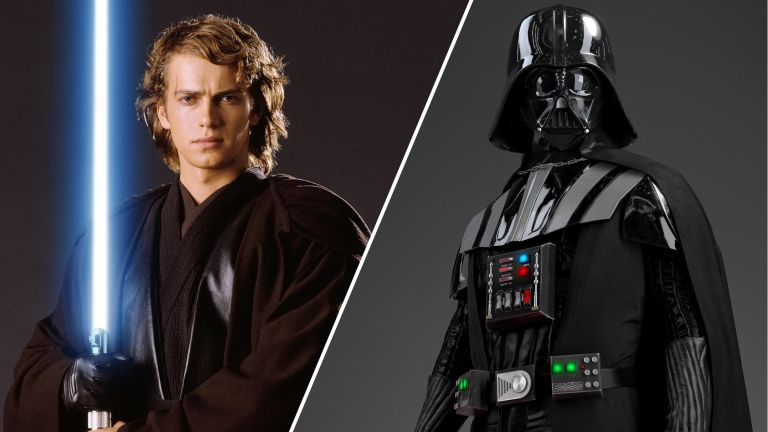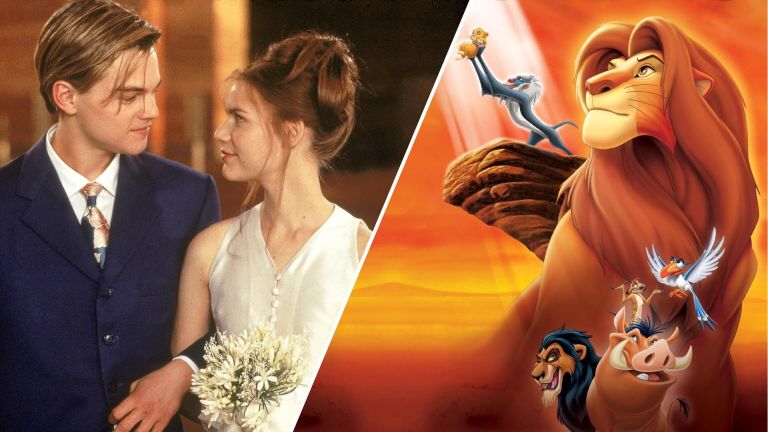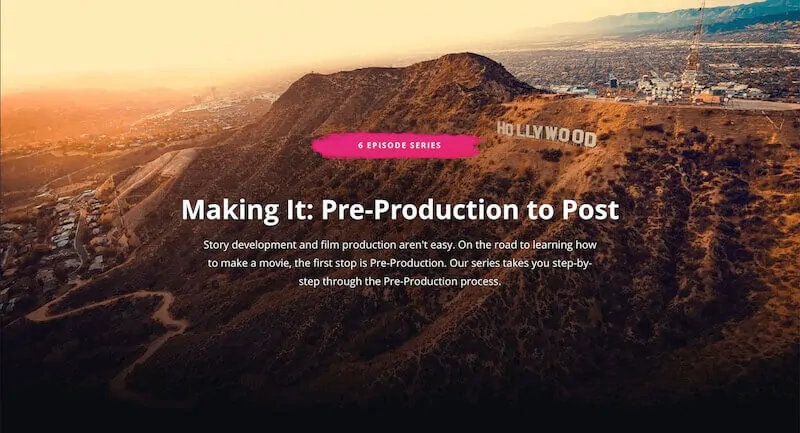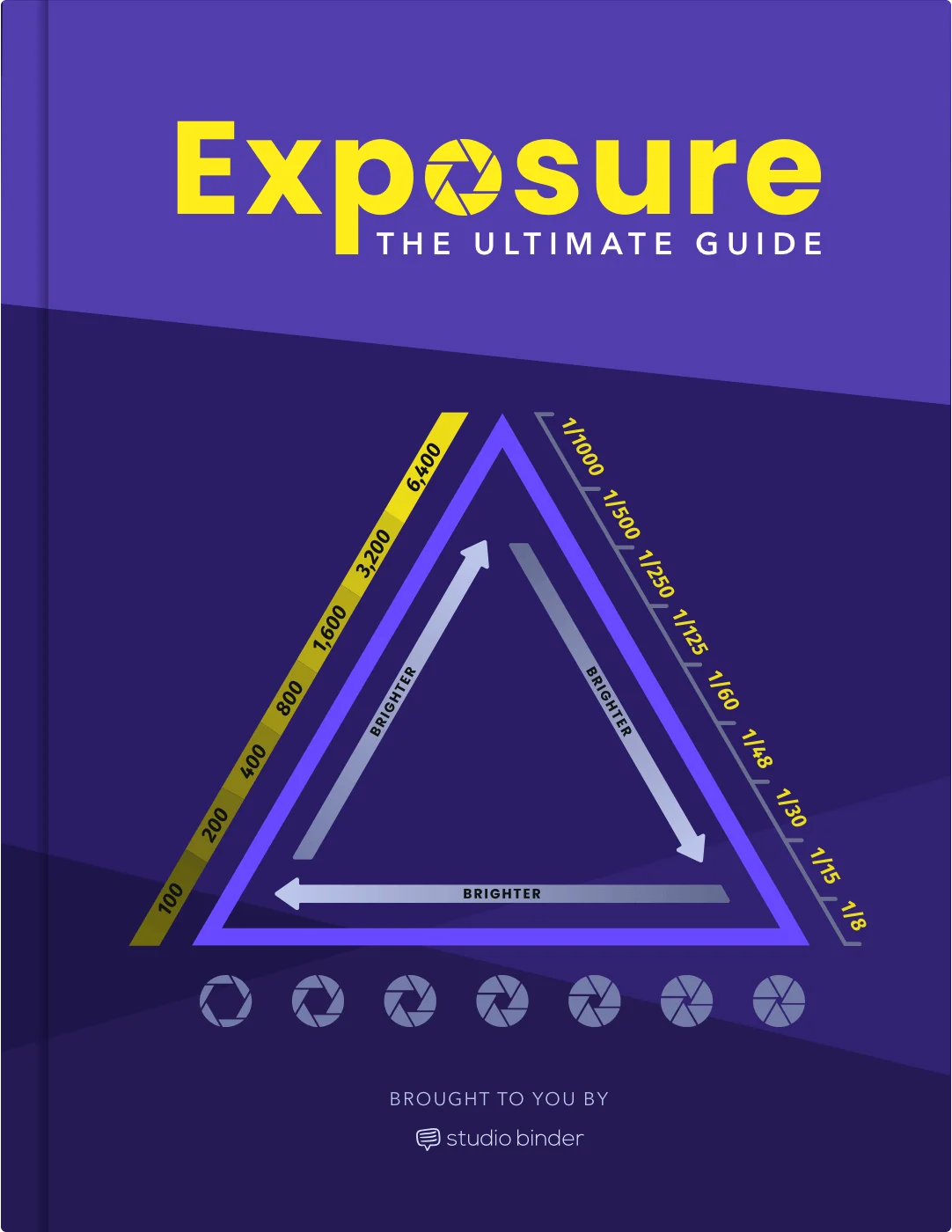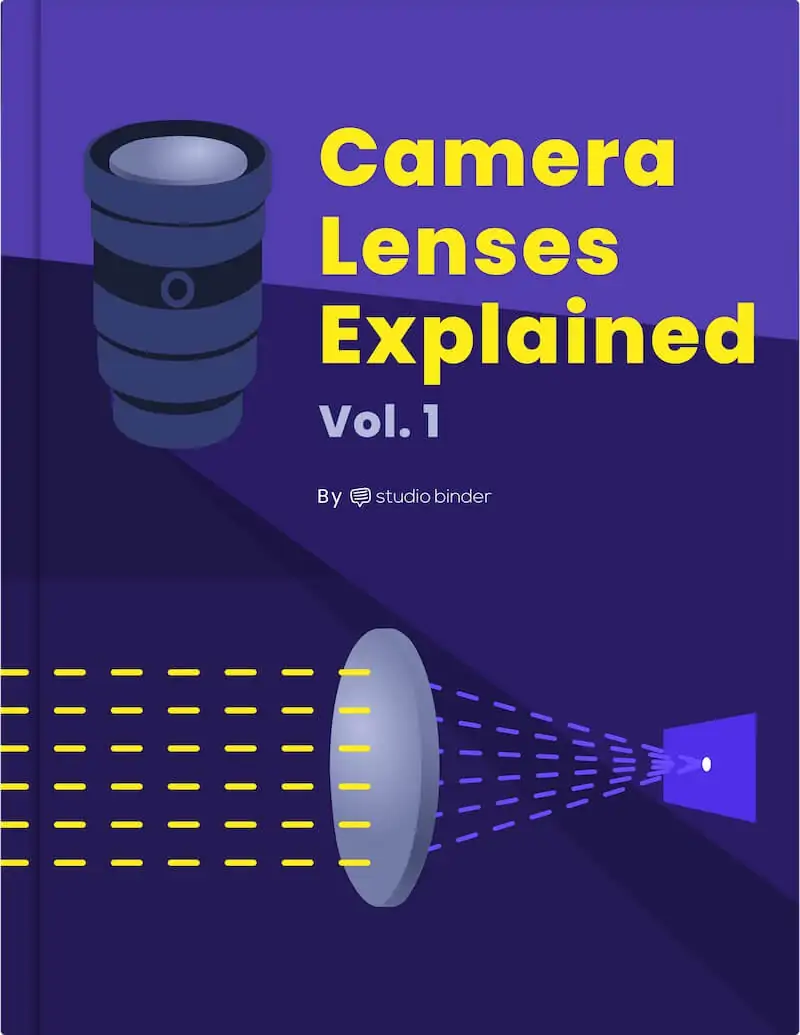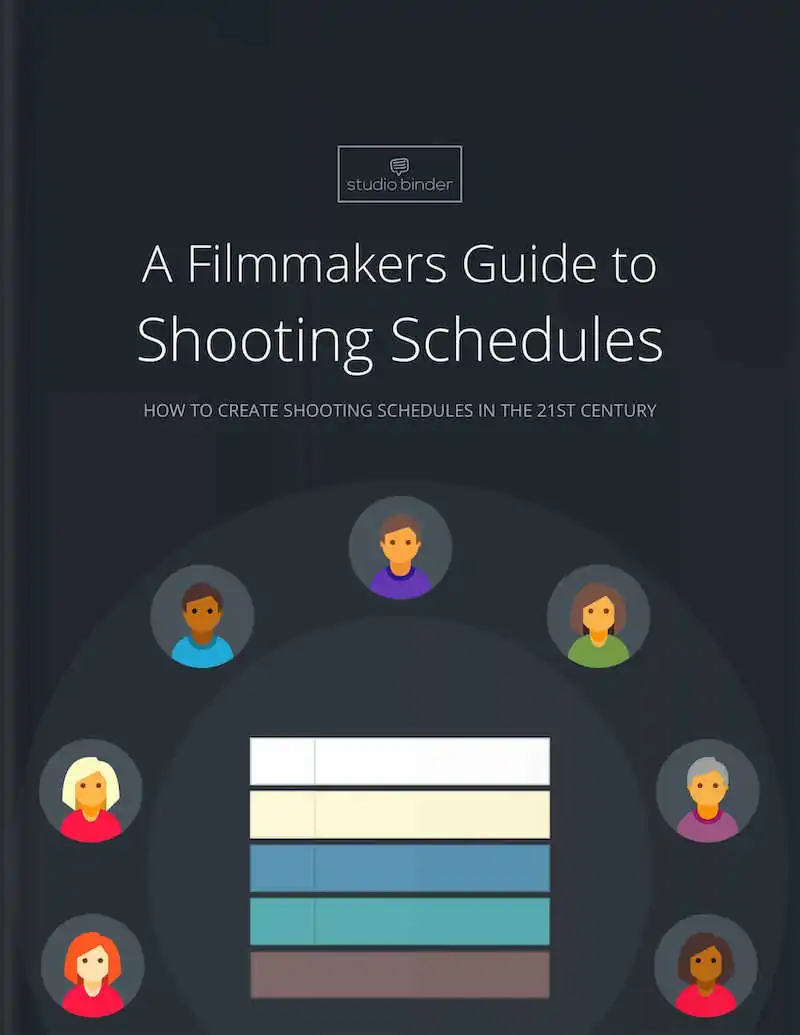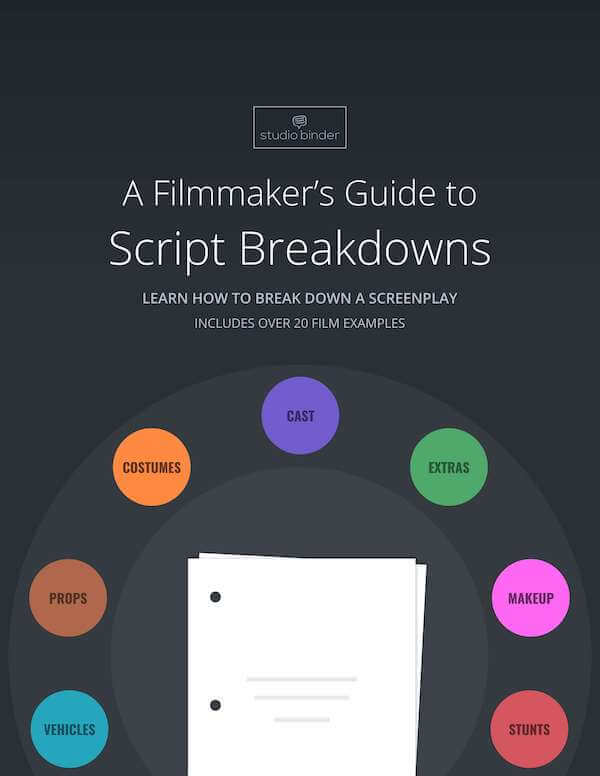The difference between the simile and metaphor is simple but makes them two distinctly different devices that can be used to different effects. Sure, they are both used to compare and contrast, but let’s dive a bit deeper. Why does the difference between simile and metaphor matter?Continue reading Simile vs. Metaphor — Differences Explained
Flashback is a term that we hear nearly every day in life — but what is a flashback in writing? A flashback is sometimes used to give context to the past, but there’s a lot more to the technique than that. We’re going to break down flashbacks by looking at how they’re used by writers, with examples from classical literature like The Odyssey and recent films like Manchester By The Sea. But before we jump into our examples let’s define flashback.Continue reading What is a Flashback? Definition and Examples in Literature and Film
Sometimes, the challenge of communicating can be efficiency. This means communicating large ideas through the least amount of language possible. One of the best devices we have that does this is the adage. You’ve likely encountered adages in your daily life, but had not even recognized them. What is an adage exactly and how are they used? Continue reading What is an Adage — Definition, Examples & Uses
The future is unwritten — at least that's what they say — but the past is very much written. From a present-day perspective, we can learn about what was done and whether or not it worked. In storytelling, historical irony gives your characters perspective. It is a very specific type of situational irony so let's talk about how it can be used effectively with examples from David Fincher, George Lucas, and Guillermo del Toro.Continue reading What is Historical Irony? Definition & Examples
Dramatic irony requires time to work effectively. And, in the best examples, dramatic irony unfolds over the course of minutes, an hour, or even the entire film. Similar to a three-act structure, there are stages to how it works. What are the stages of dramatic irony? We'll answer that with examples from classic movies so that you'll know how to use it in your own screenplays.Continue reading What Are The Stages of Dramatic Irony? Examples for Screenwriters
Socratic irony is one of the more manipulative types of irony. It's a tricky way to get information out of someone that can be used against them later. This type of irony is perfect for courtroom scenes but can applied in any sort of verbal confrontation. Let's define Socratic irony with examples from both drama and comedy to give you an idea of how it may be used in your own scripts. Continue reading What is Socratic Irony? Definition and Examples for Screenwriters
Dramatic irony gives the audience more information than the character. It is a powerful type of irony built for suspense, but, in many cases things turn out OK in the end. That's not the case with tragic irony — as the name suggests, things don't turn out OK at all! Let's take a look at how it can give your script a healthy dose of tragedy. Continue reading What is Tragic Irony? Definition and Examples for Screenwriters
Structural irony is born when the characters are completely unaware of the situation they are in. Often, this is due to their lack of intelligence or ignorance. Either way, this subtype of situational irony is a foolproof recipe for comedy but it also works in drama as well. We're going to dive into this subject with a definition and examples so you can see how it works and apply it to your next screenplay. Continue reading What is Structural Irony? Definition and Examples for Screenwriters
There are many types of irony out there. Within the main branch of situational irony lies a version with a supernatural twist⏤cosmic irony. The main thrust of this series is getting writers to embrace irony as a tool that will add a level of depth and nuance to their work. How do you define cosmic irony? In this chapter, we’re going to specifically talk about this most “fateful” form of irony. Continue reading What is Cosmic Irony? Definition and Examples For Screenwriters



